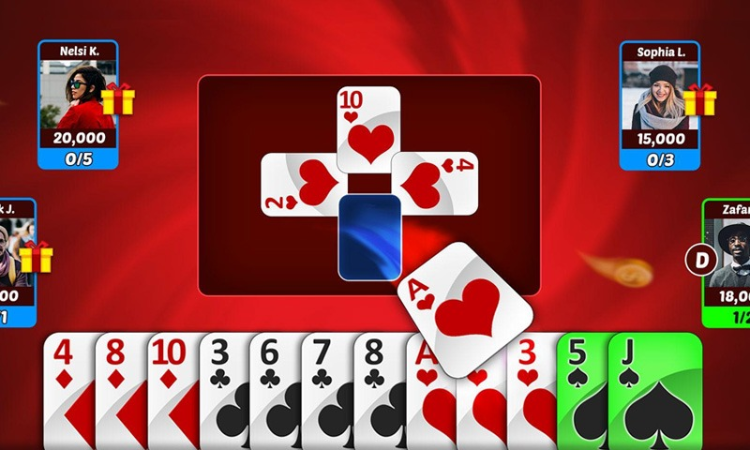Not Proper If Anything Left Unregulated: Madras HC On Gaming Companies' Plea Against KYC, Time Restrictions In Real-Money Games
Upasana Sajeev
26 Feb 2025 4:30 PM IST

Next Story
26 Feb 2025 4:30 PM IST
A group of online gaming companies have approached the Madras High Court challenging the regulations brought in by the Tamil Nadu Online Gaming Authority making KYC verification mandatory for playing real money games and also instructing gaming companies to impose a 'blank hour' from 12 am to 5 am restricting the players from playing real money game during this time. The bench of...
